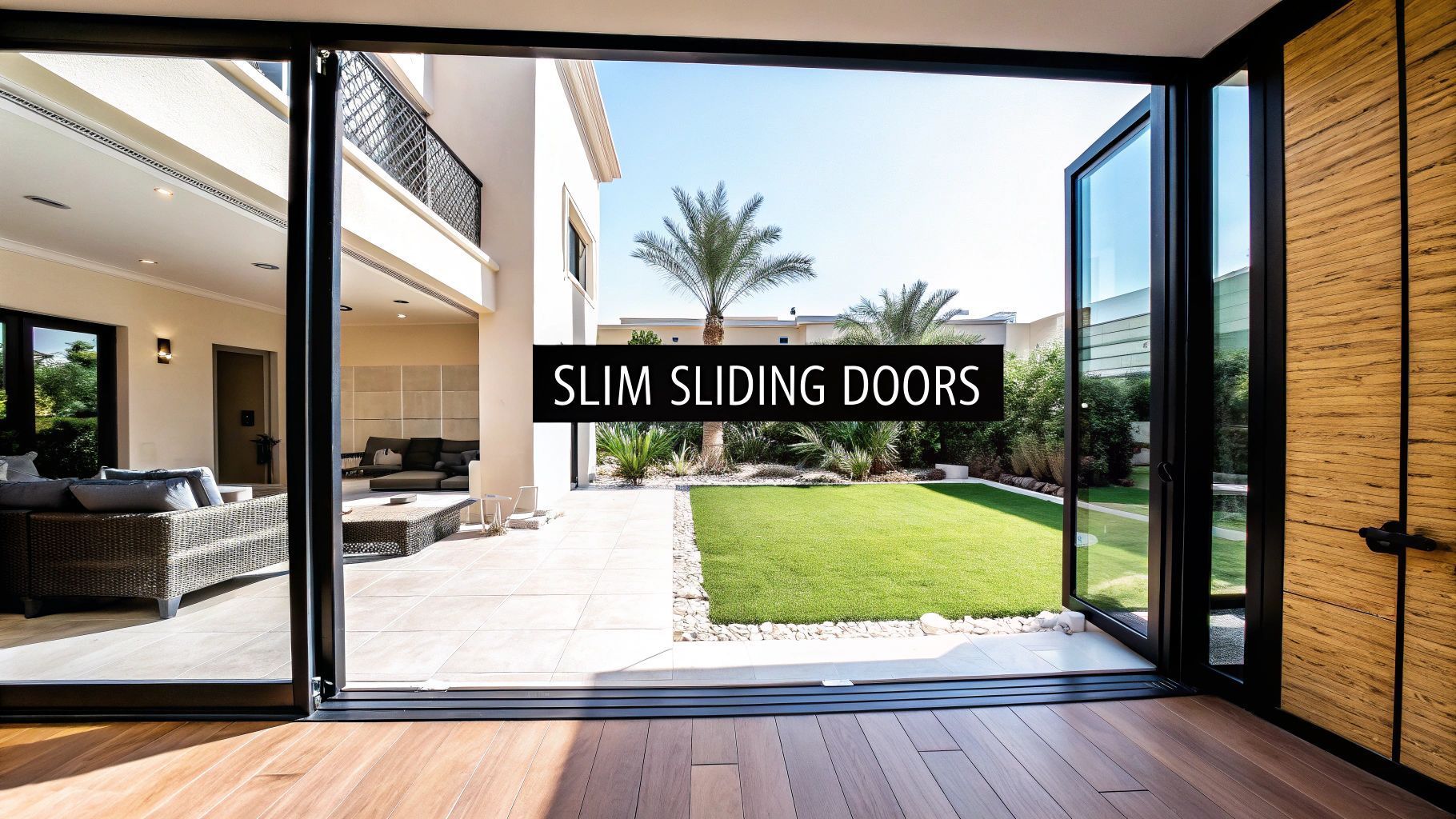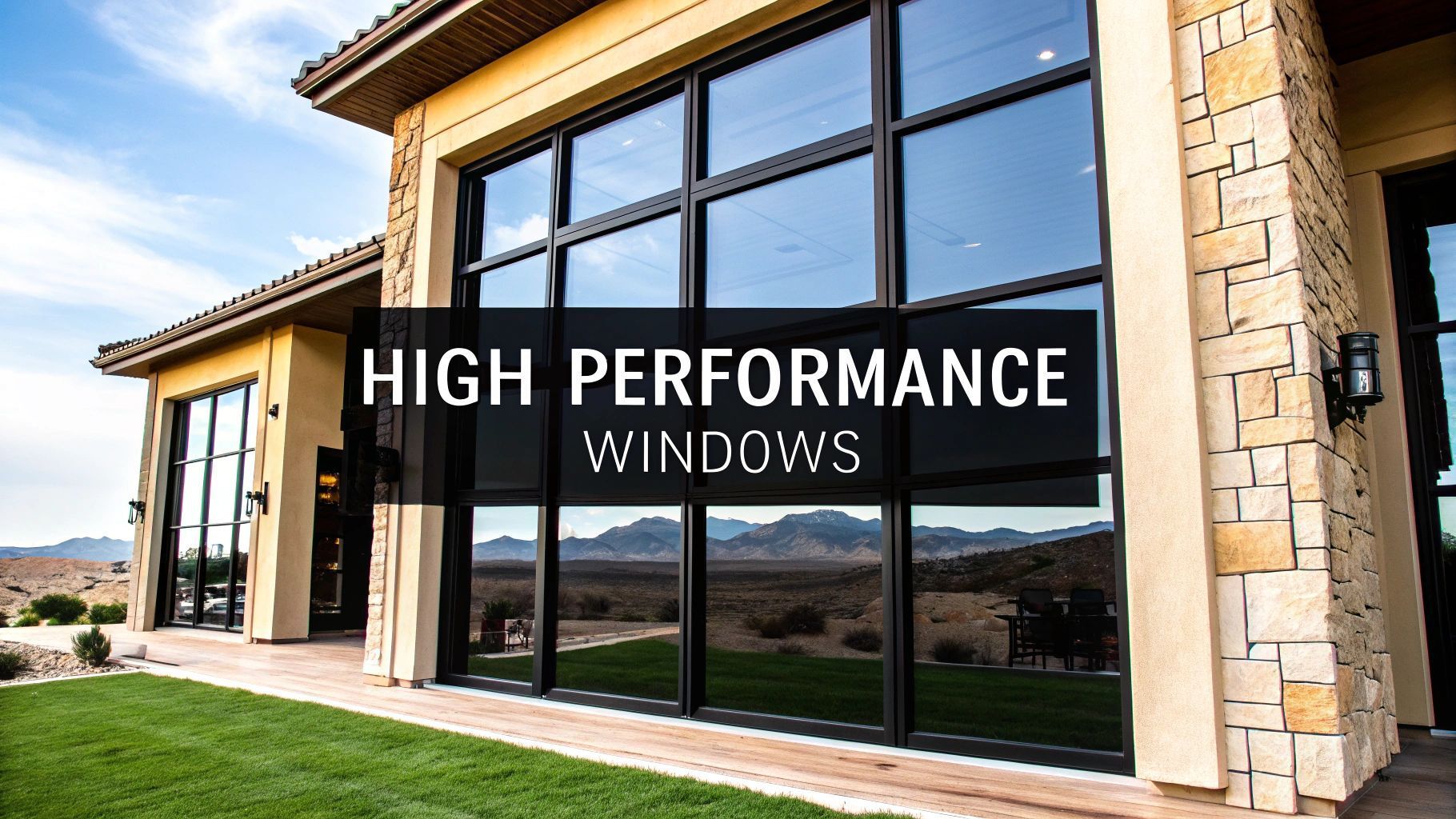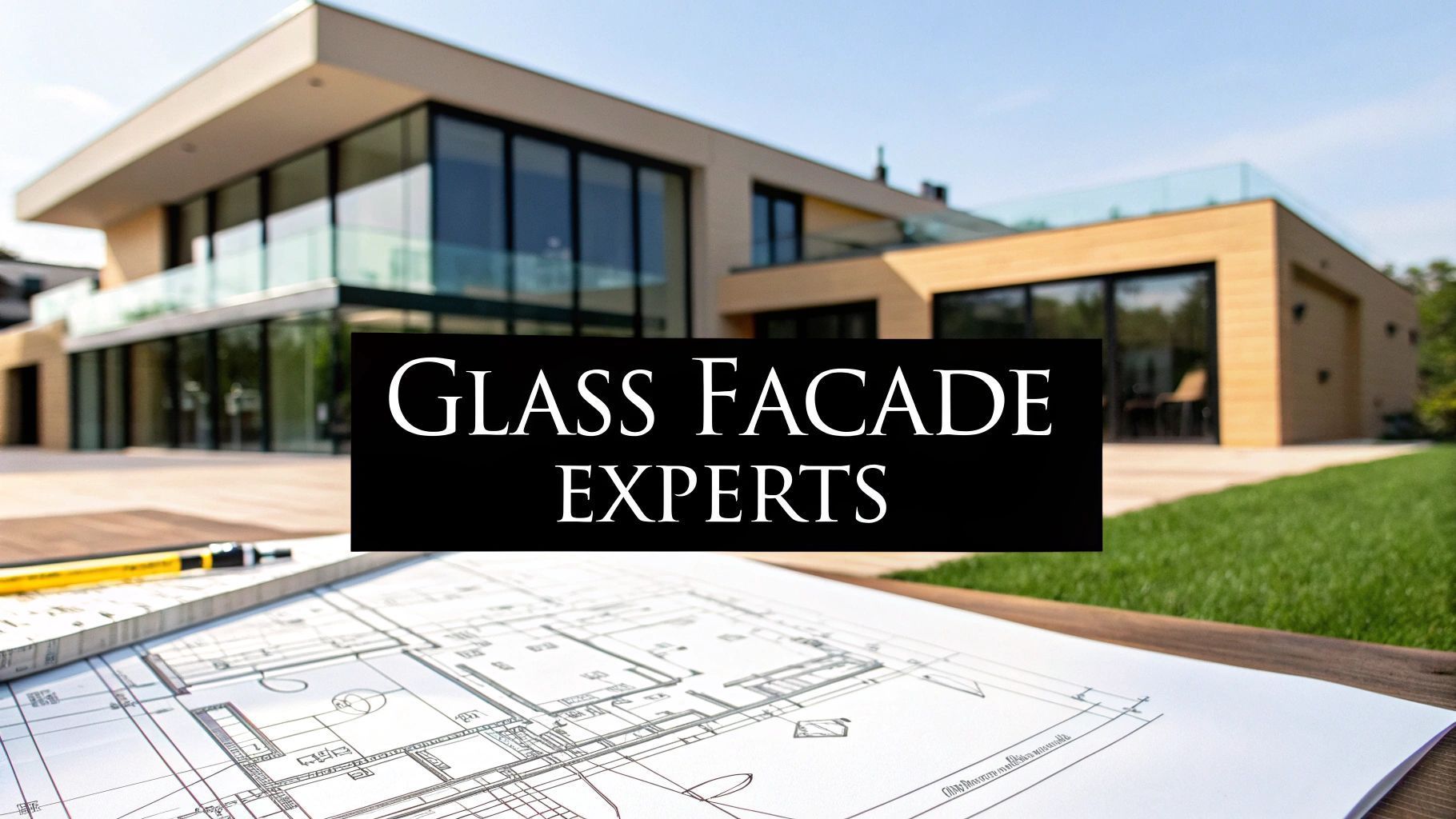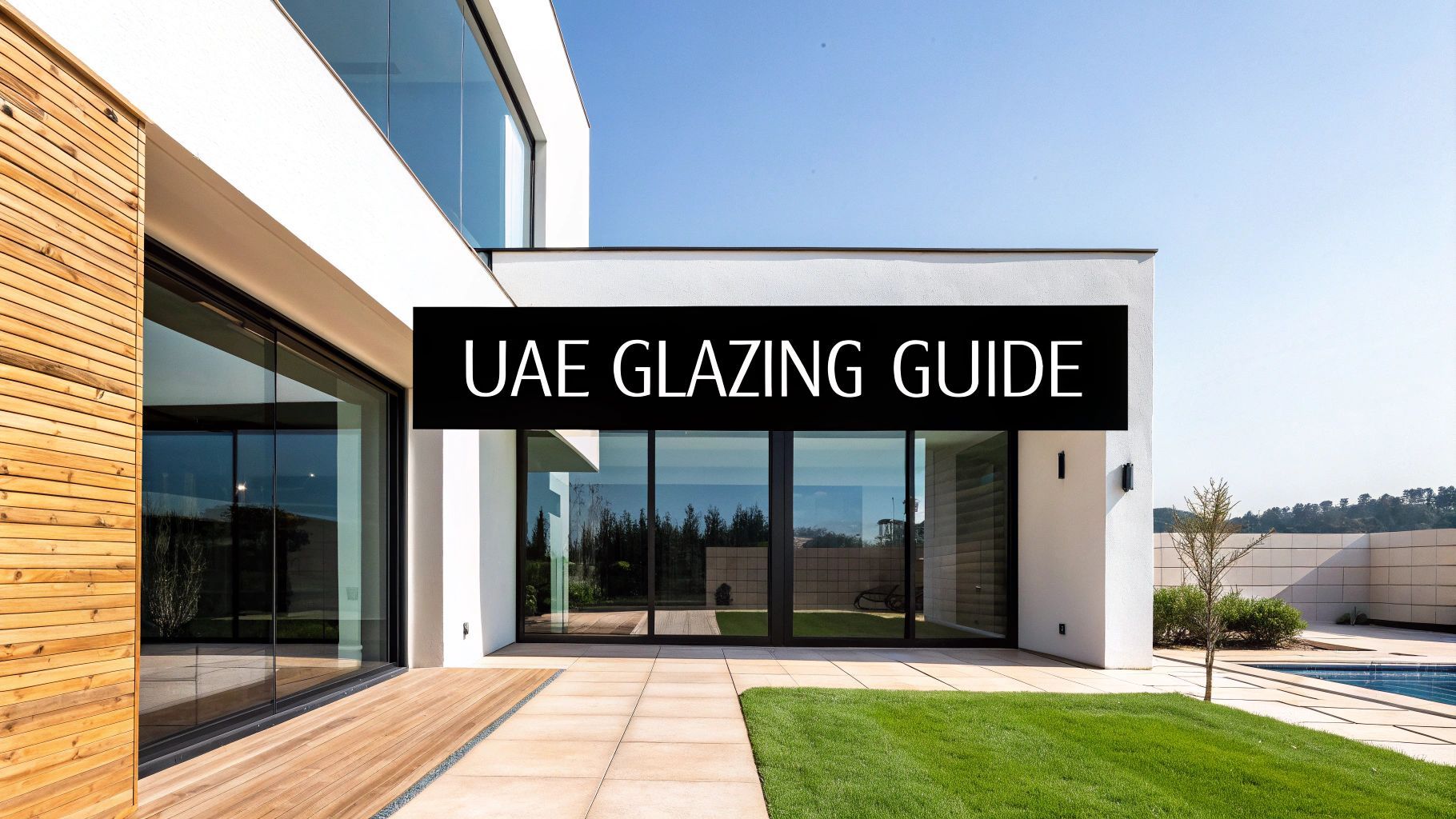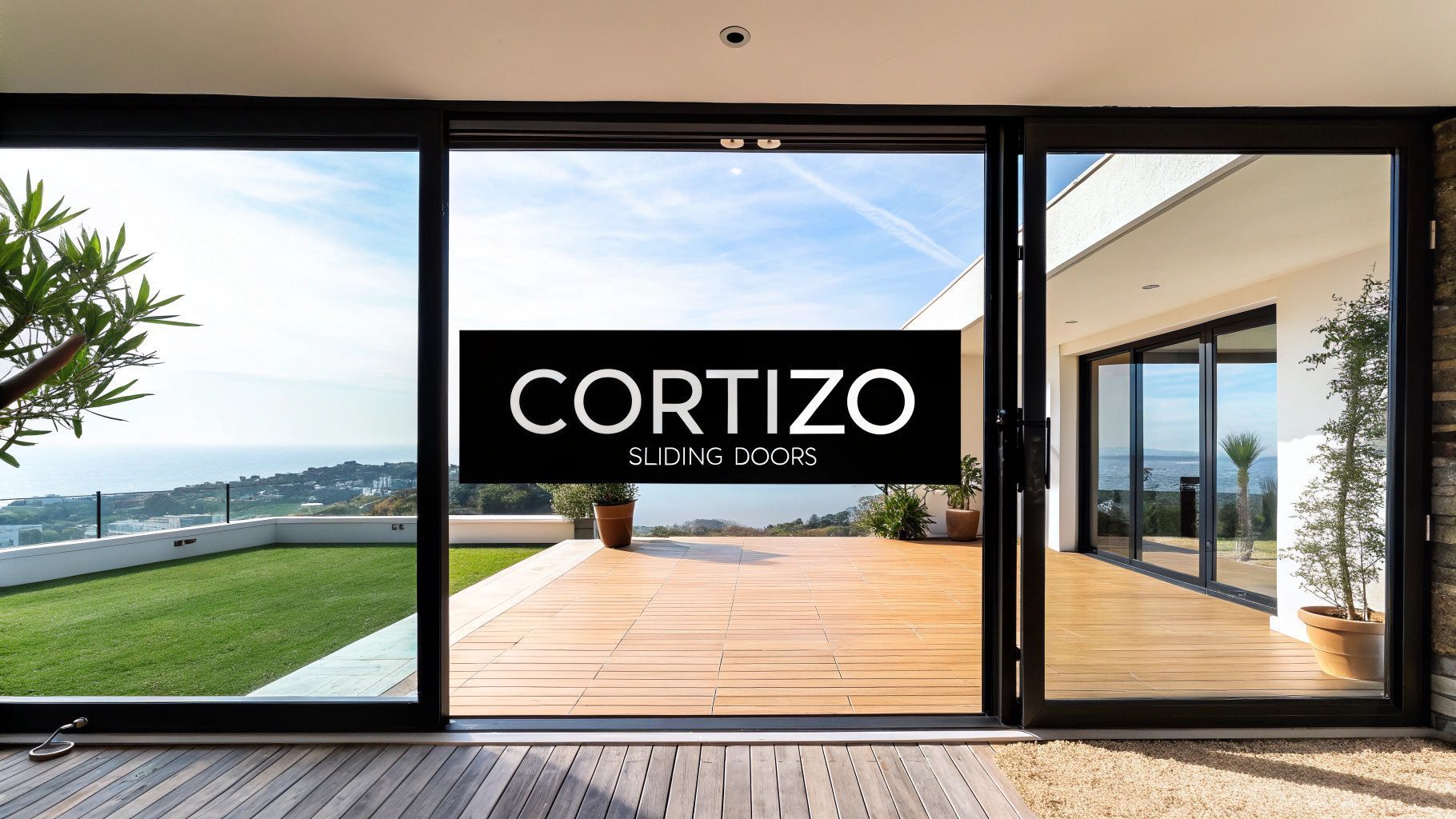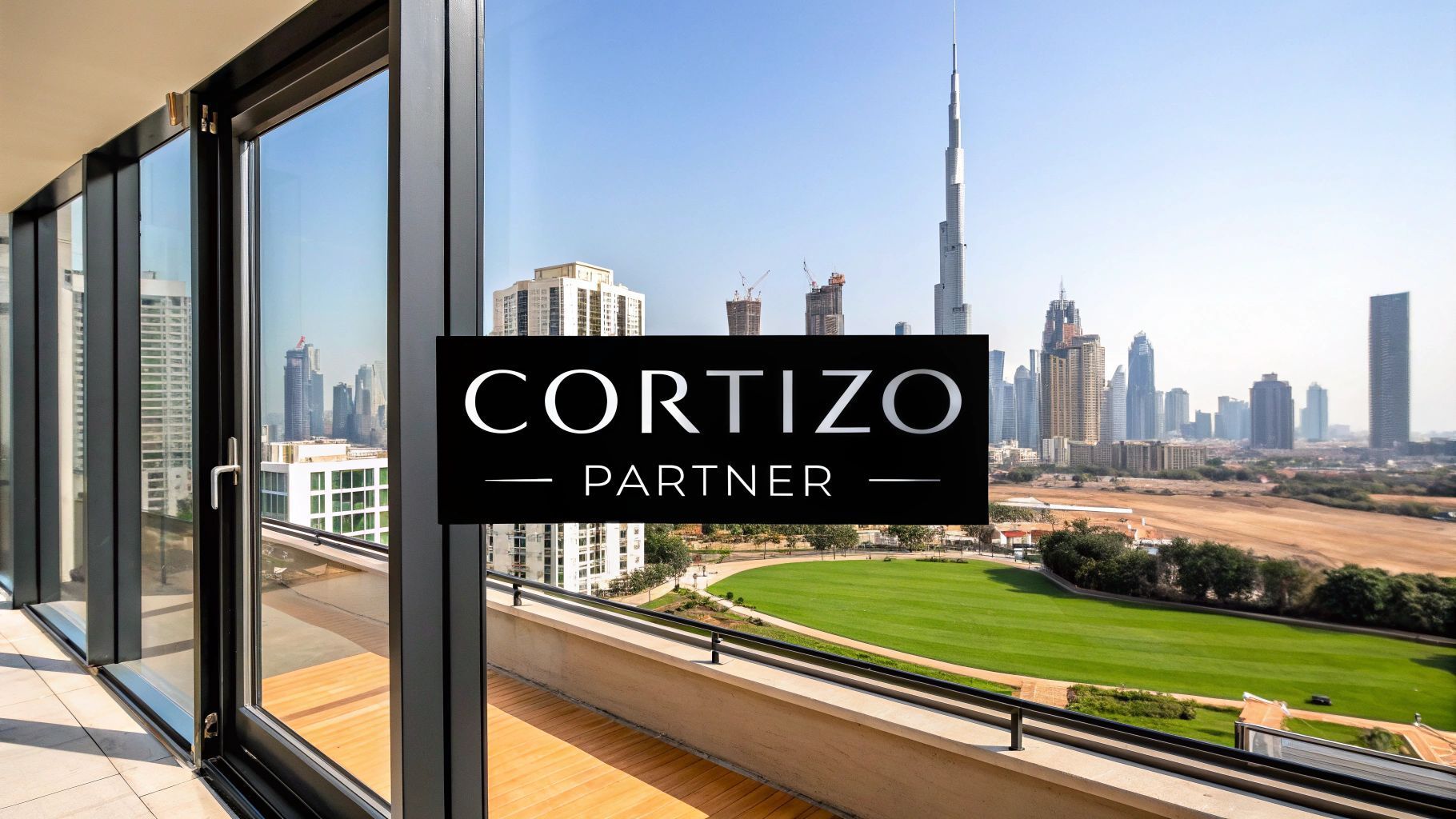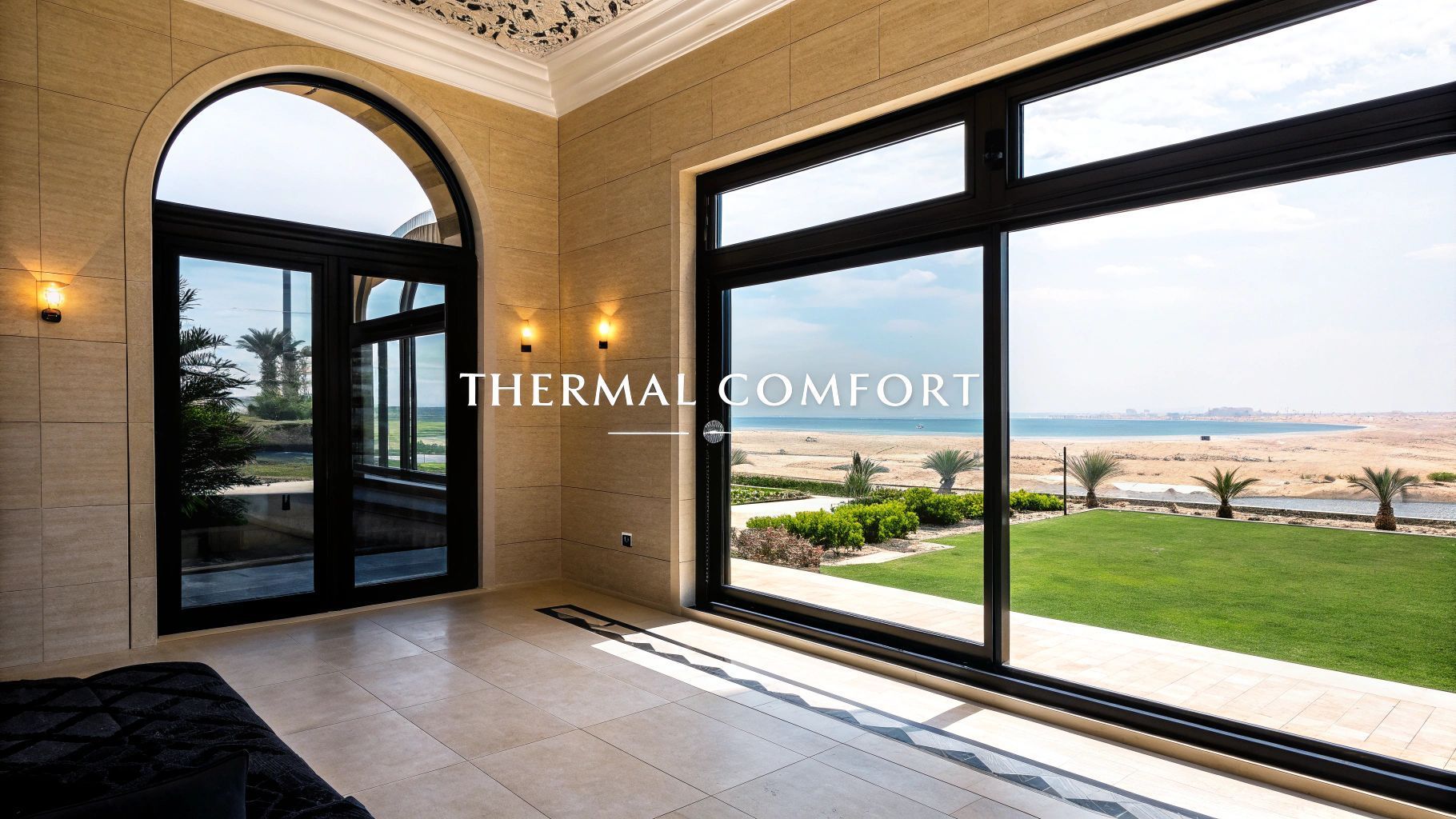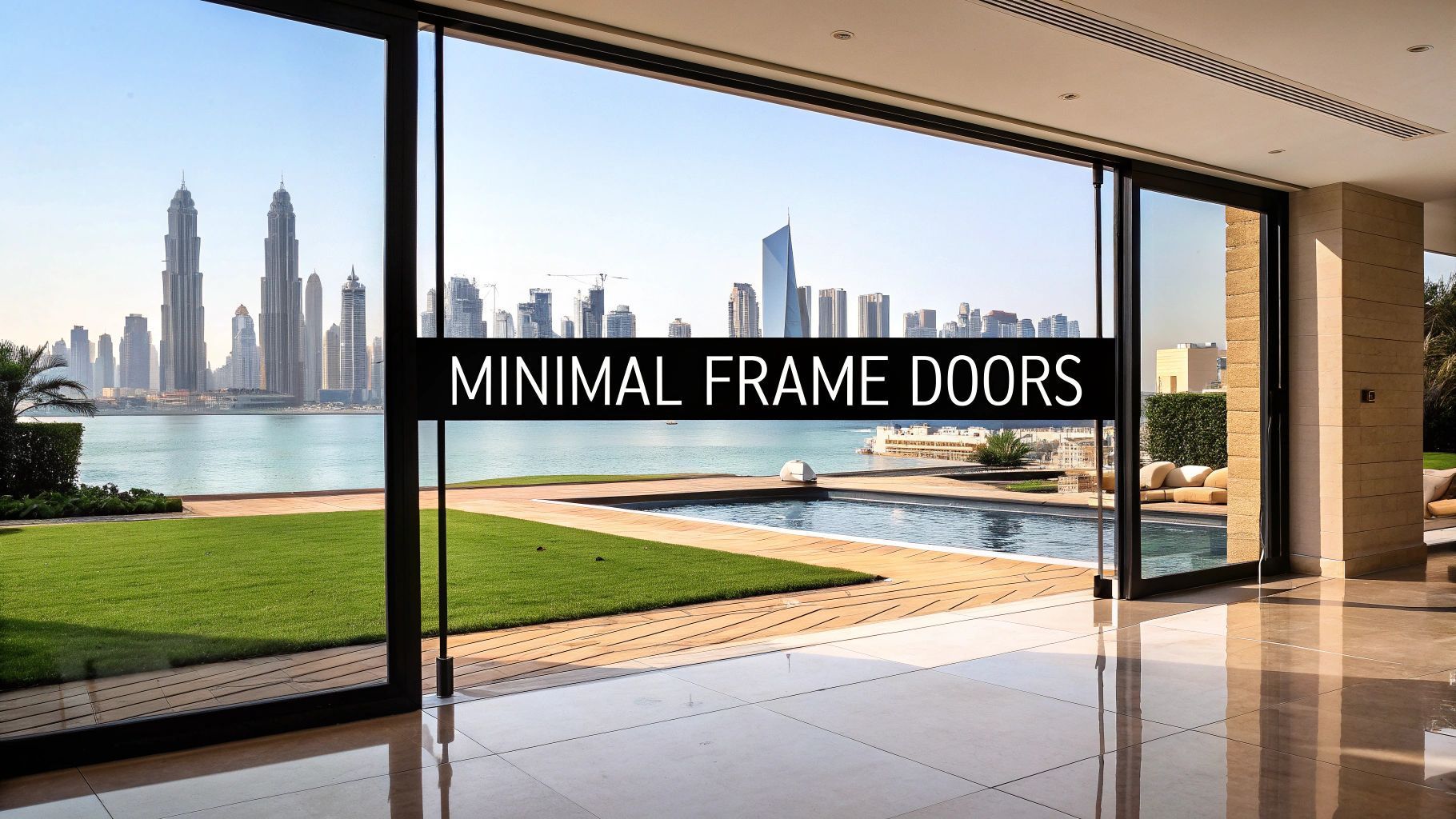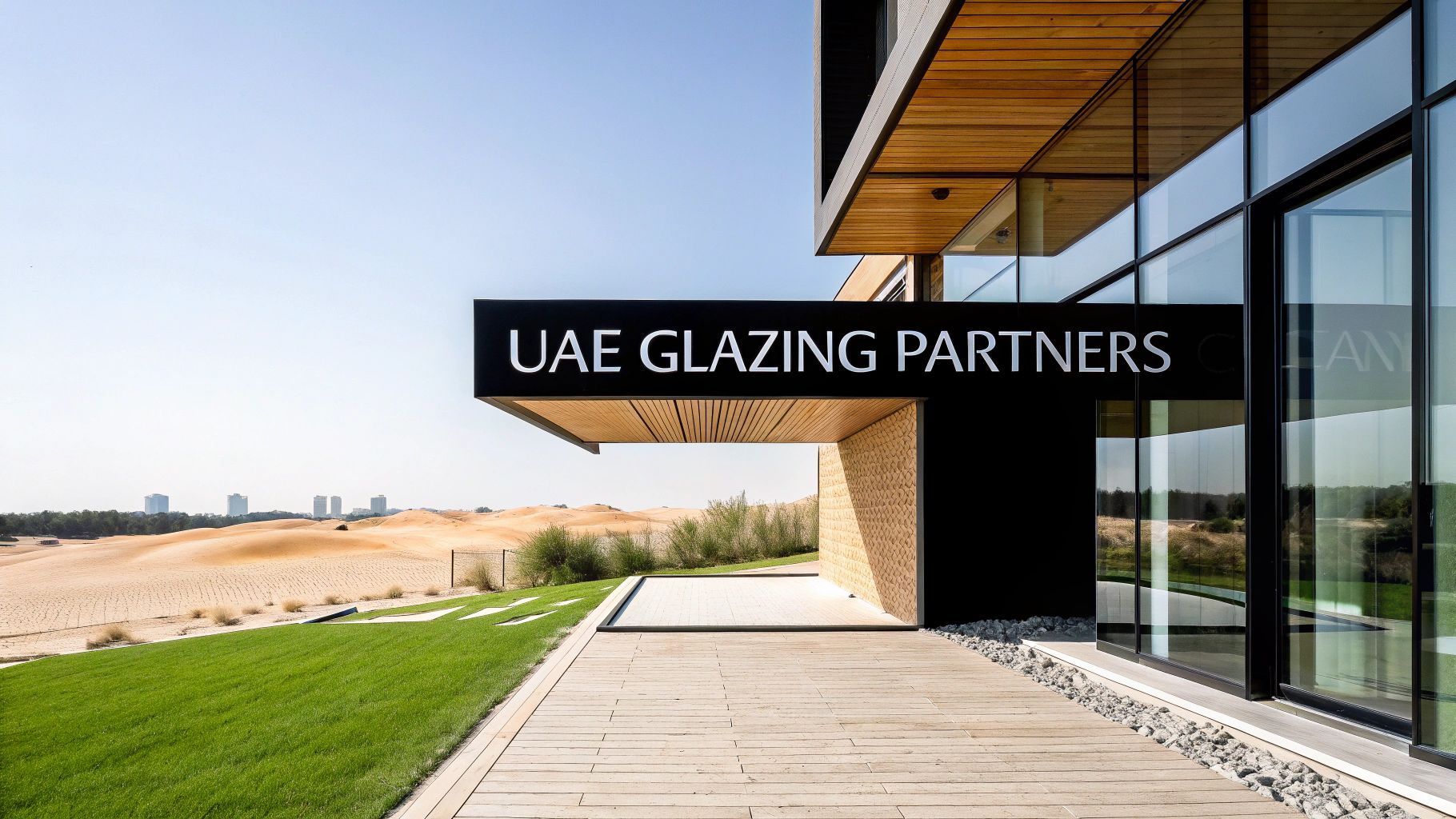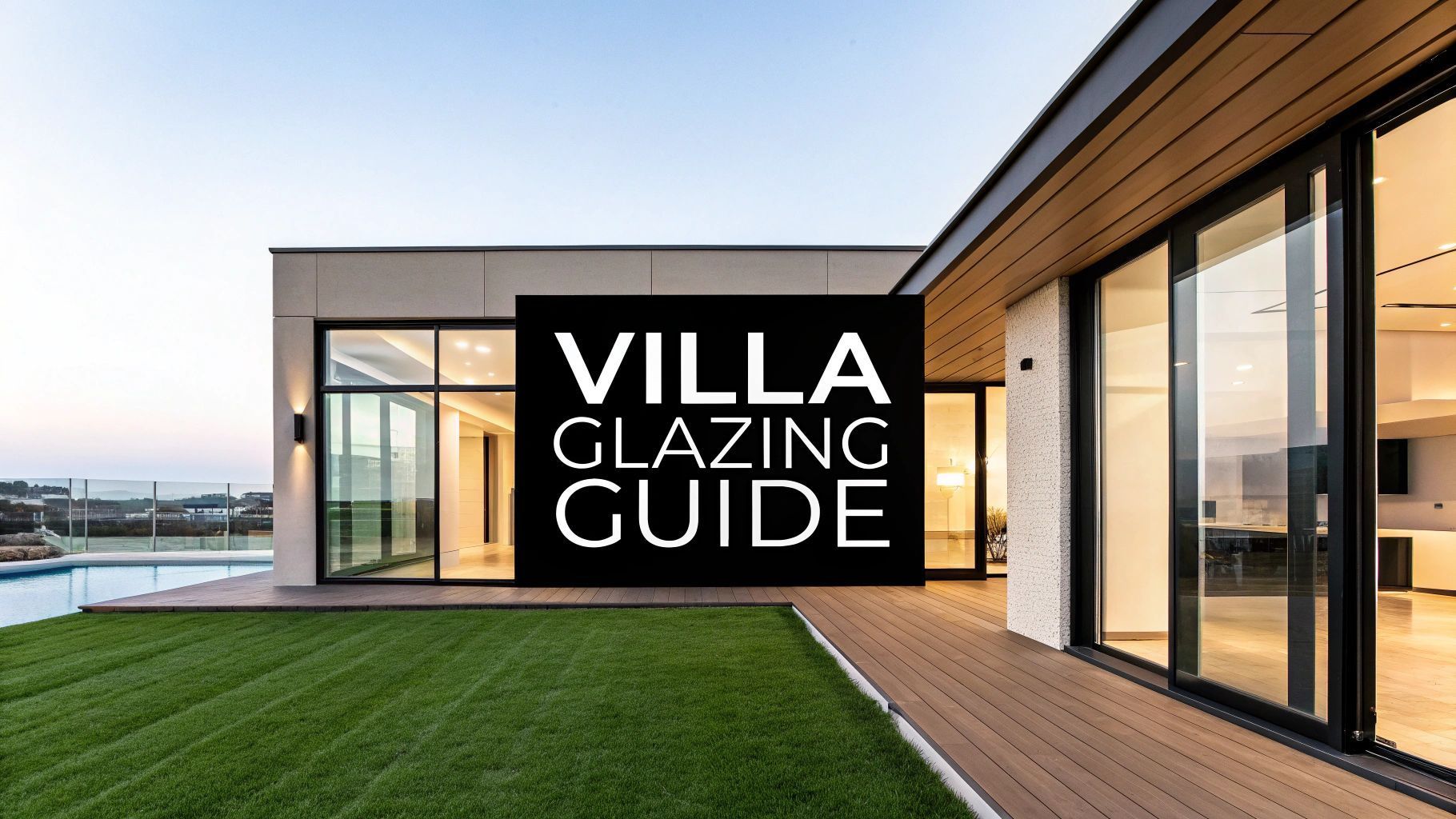How uPVC Is Made – The Science Behind Strong, Efficient Window Systems
What Is uPVC?
uPVC stands for unplasticised polyvinyl chloride — a rigid, durable, and non-toxic material.
It’s made through a process of polymerisation and extrusion, forming strong, weather-resistant profiles.
Deceuninck uses precision engineering and eco-conscious manufacturing to produce premium uPVC systems.
uPVC is highly durable, energy efficient, and recyclable — ideal for the UAE climate.
Swift Rooms supplies Deceuninck uPVC windows and doors across Dubai and the UAE.
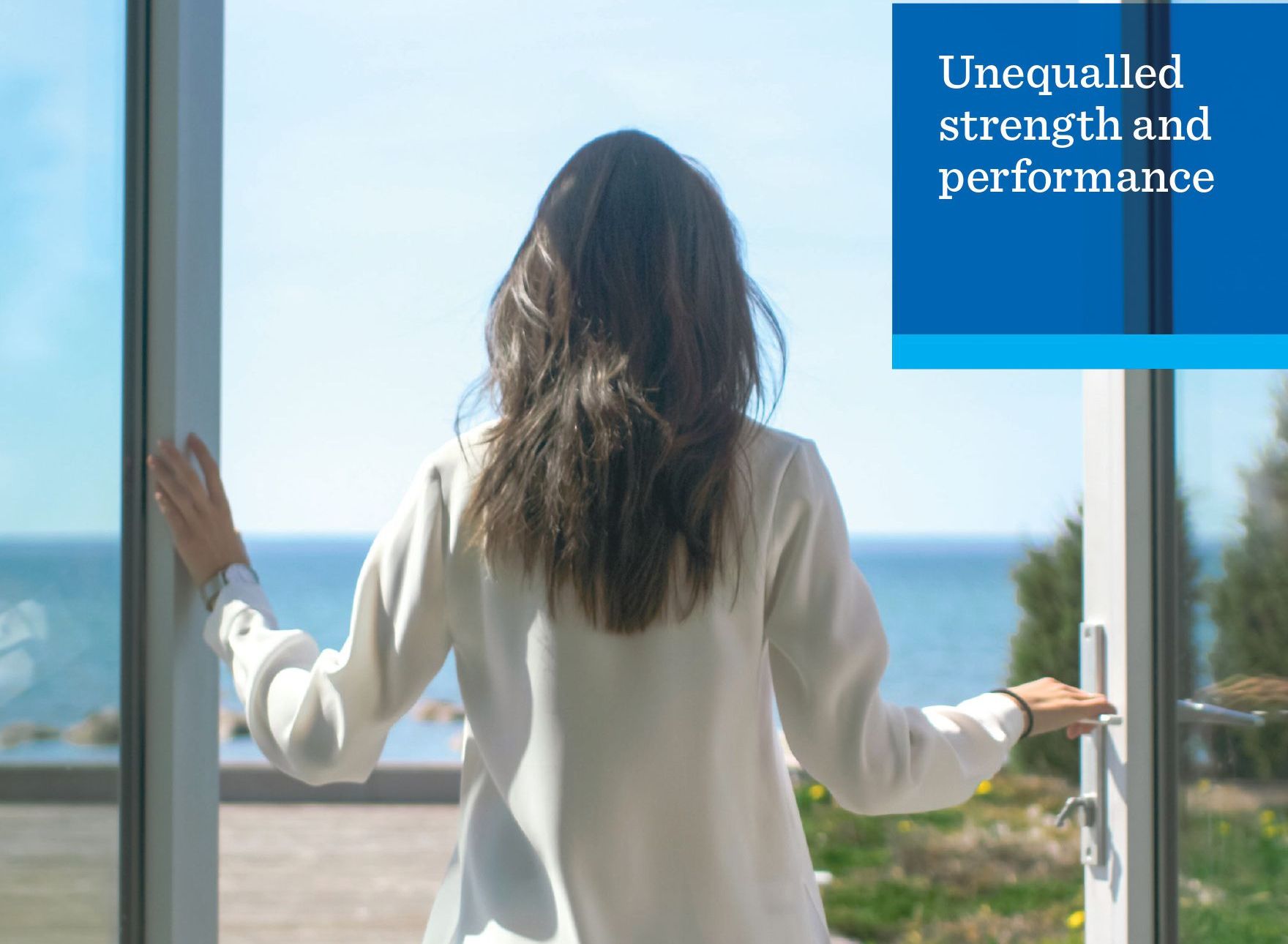
What Is uPVC?
uPVC, or unplasticised polyvinyl chloride, is a rigid, highly durable form of PVC commonly used in construction. Unlike standard PVC, it contains no added plasticisers, making it stronger, more stable, and ideal for structural applications like windows, doors, and façade systems.
The Manufacturing Process: How uPVC Profiles Are Made
1. Raw Material Selection
The process begins with high-quality PVC resin, combined with specific additives that enhance performance. These additives typically include:
- Stabilisers: For UV and heat resistance
- Impact Modifiers: To improve strength and durability
- Colorants: For consistent appearance and long-lasting colour
- Lubricants: To ensure smooth processing during production
Reputable brands like Deceuninck, used by Swift Rooms, ensure only high-grade raw materials go into their uPVC systems, meeting stringent European and UAE standards.
2. Extrusion Process
Once the raw materials are blended, the mixture is fed into an extrusion machine, where it is heated to a precise temperature and forced through specially designed dies to create window and door profile shapes.
This extrusion process determines:
- Profile thickness
- Internal chamber structure (for strength and insulation)
- Surface finish quality
- Dimensional accuracy
3. Cooling and Shaping
The freshly extruded profiles pass through a water cooling system, which ensures they harden to the correct shape while maintaining structural integrity.
4. Precision Cutting and Quality Control
Profiles are cut to size, and each batch undergoes strict quality checks, including:
- Dimensional accuracy
- Surface finish inspection
- Strength and impact resistance tests
- UV stability and colour consistency checks
Leading manufacturers like Deceuninck operate advanced production lines to ensure every profile meets international quality benchmarks.
Why uPVC Performs So Well in the UAE
Thanks to this precise manufacturing process, uPVC windows and doors offer several advantages perfectly suited to the UAE climate:
- Excellent Thermal Insulation: Multi-chamber profiles reduce heat transfer, helping lower energy consumption
- UV and Weather Resistance: Designed to withstand intense sun, humidity, and sand exposure
- Low Maintenance: No rust, warping, or repainting required
- Acoustic Insulation: Effective noise reduction for urban and residential areas
- Durability: Resistant to corrosion, salt air, and general wear
The Deceuninck Difference
At Swift Rooms, we proudly supply Deceuninck uPVC systems, known for:
- European manufacturing standards
- Exceptional strength and longevity
- Aesthetic flexibility with colour and finish options
- Compliance with UAE Green Building codes
Conclusion
Understanding how uPVC is made highlights why it remains a smart, long-term solution for windows and doors in the UAE. The science, engineering, and quality control behind every profile ensure performance you can rely on — for energy efficiency, comfort, and peace of mind.
Looking to upgrade to high-performance uPVC systems for your home or project?
Contact Swift Rooms today for expert advice and tailored solutions.

